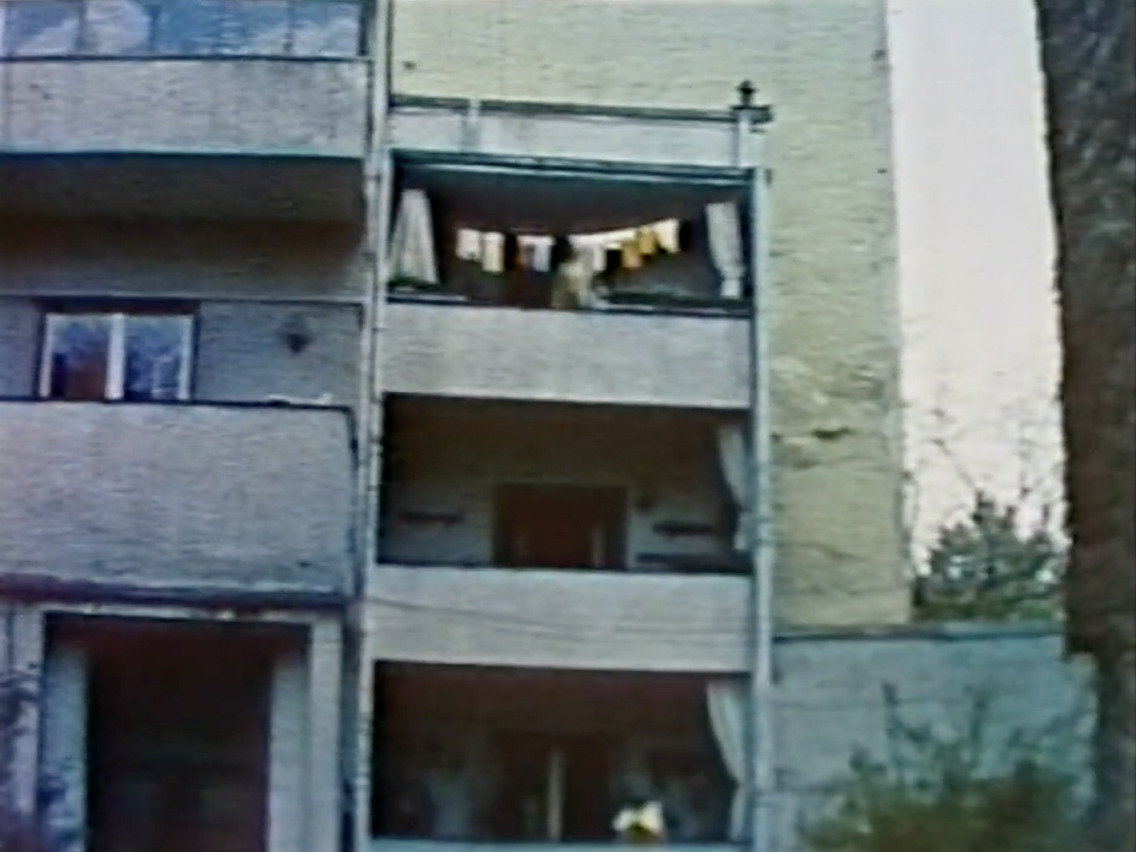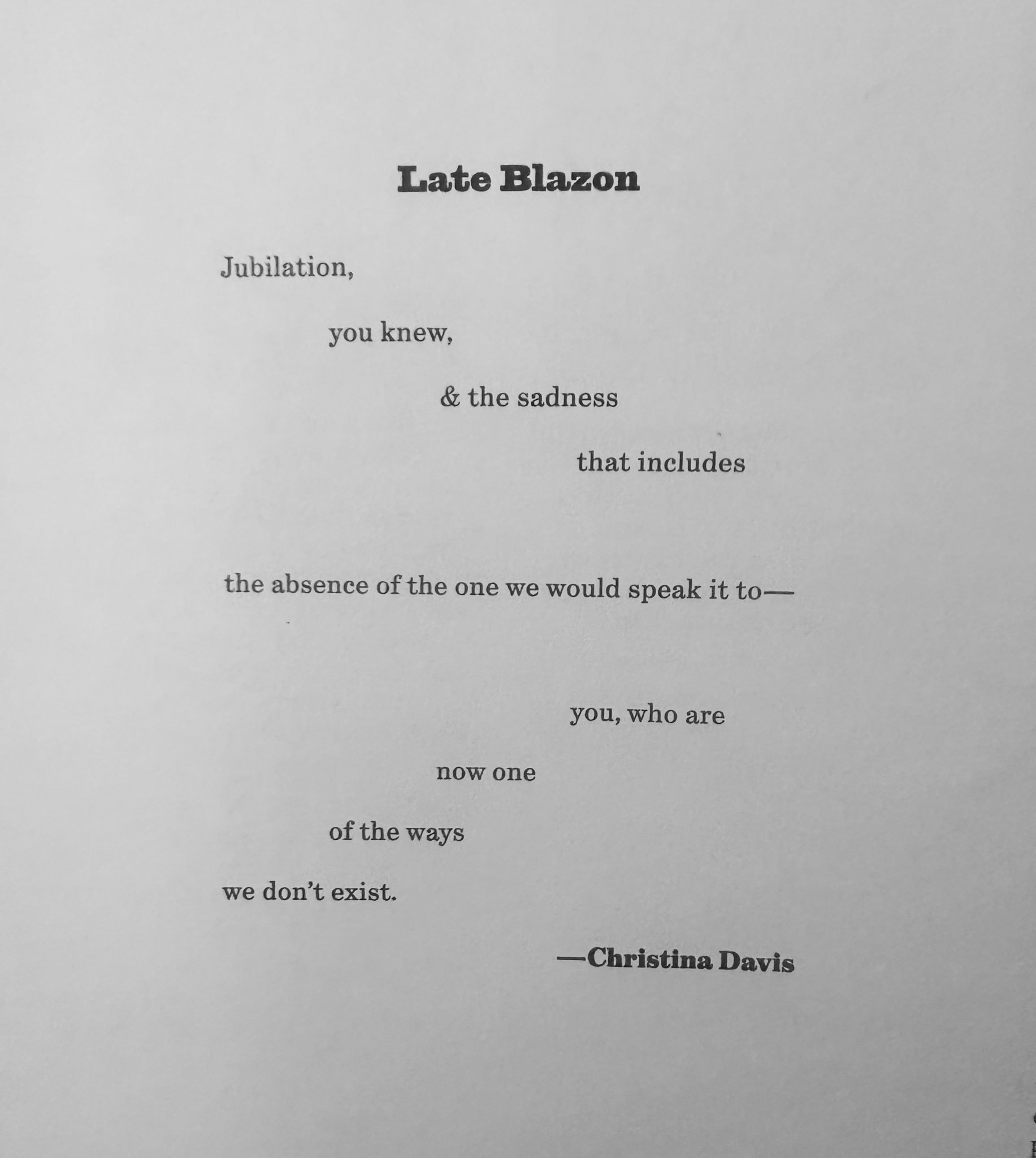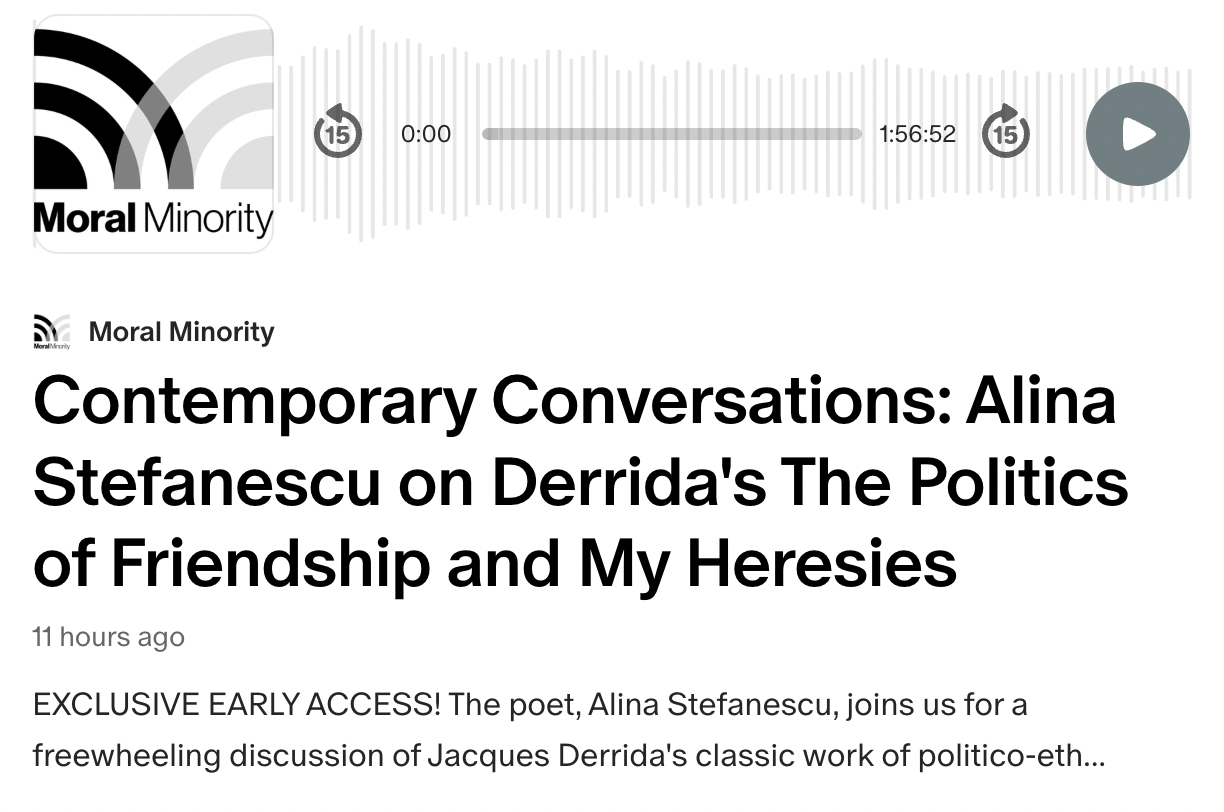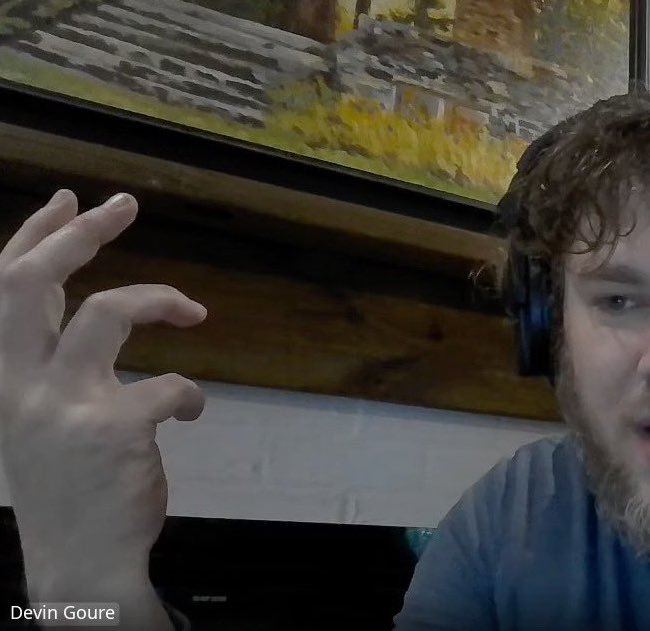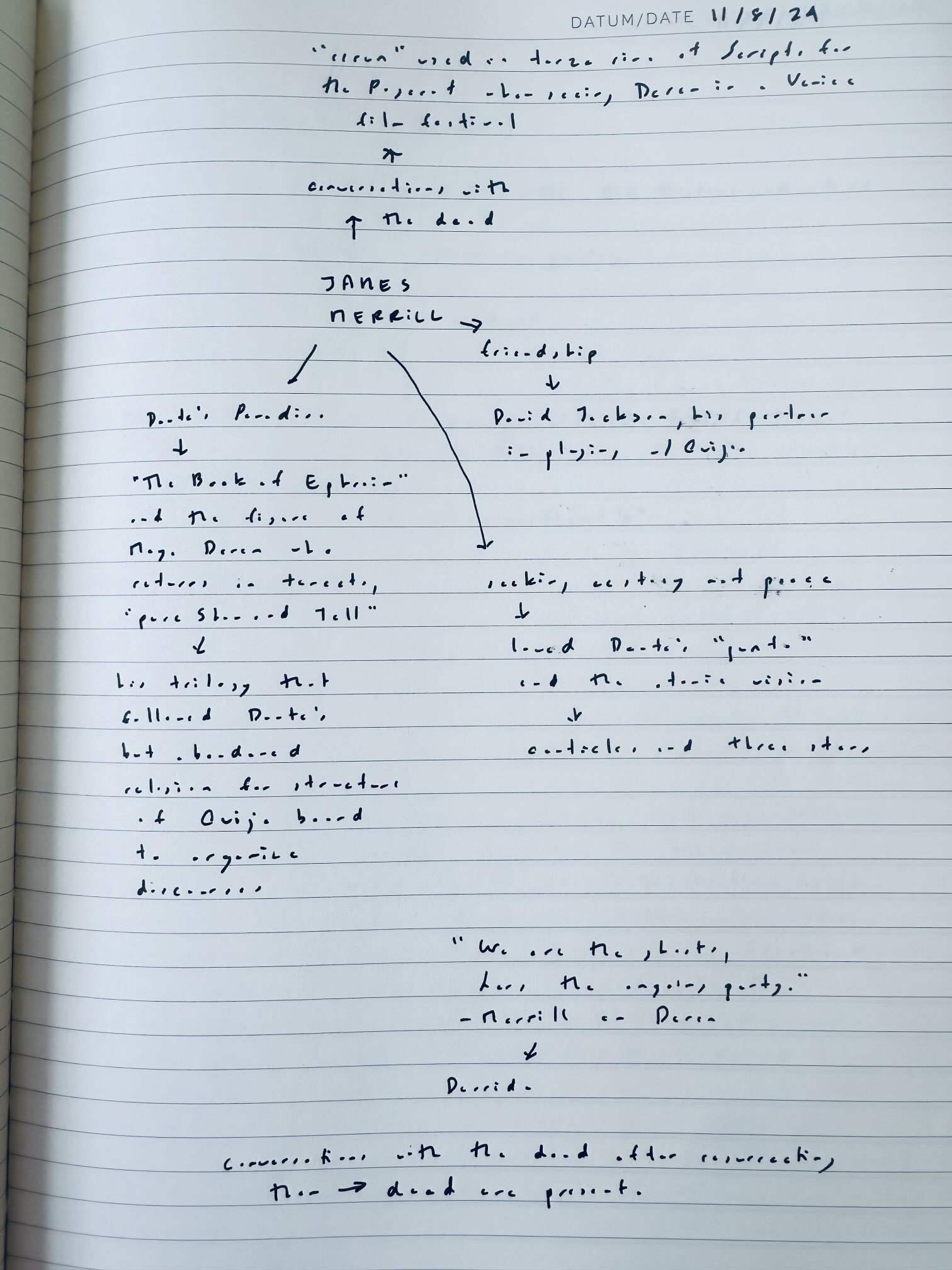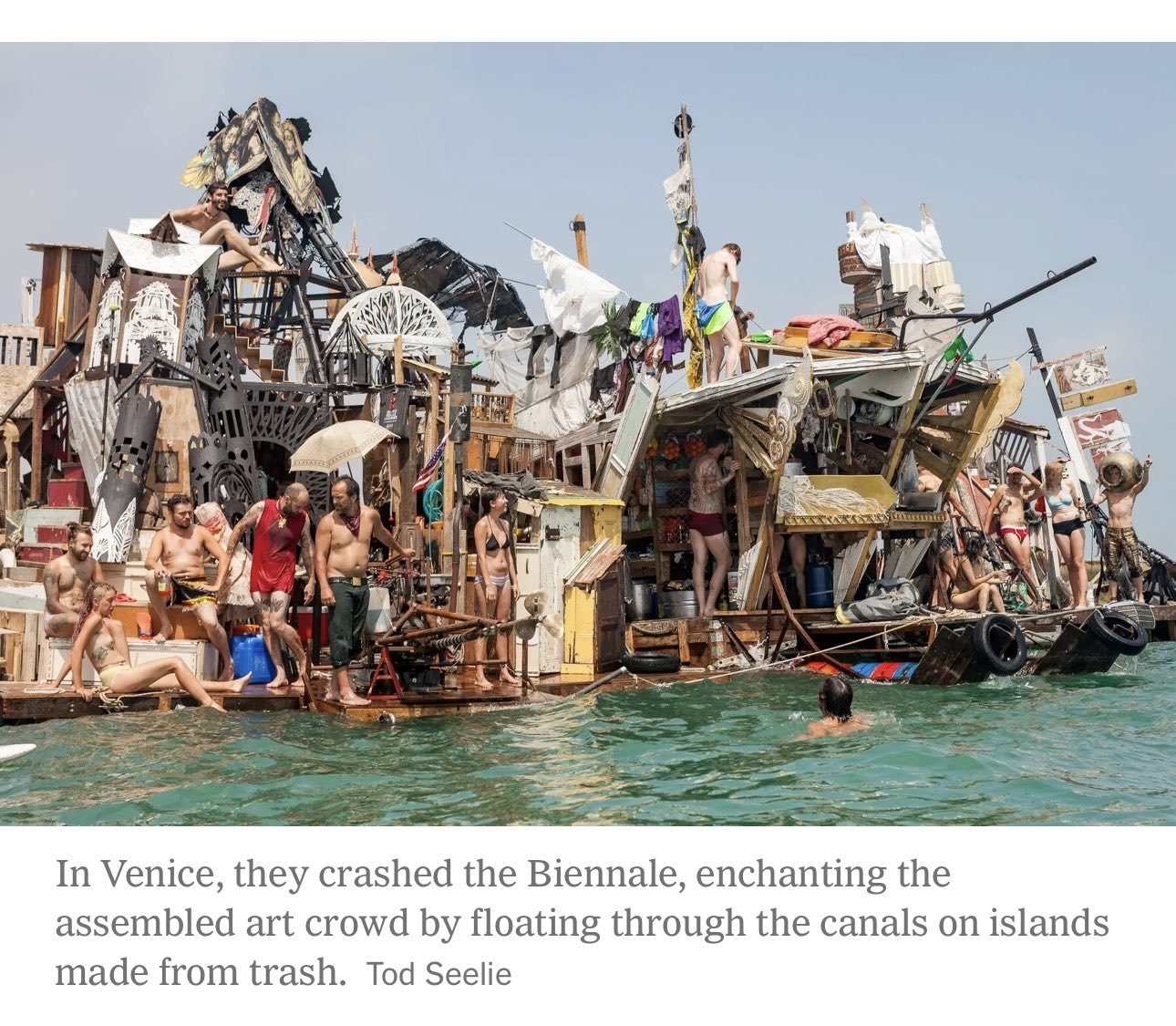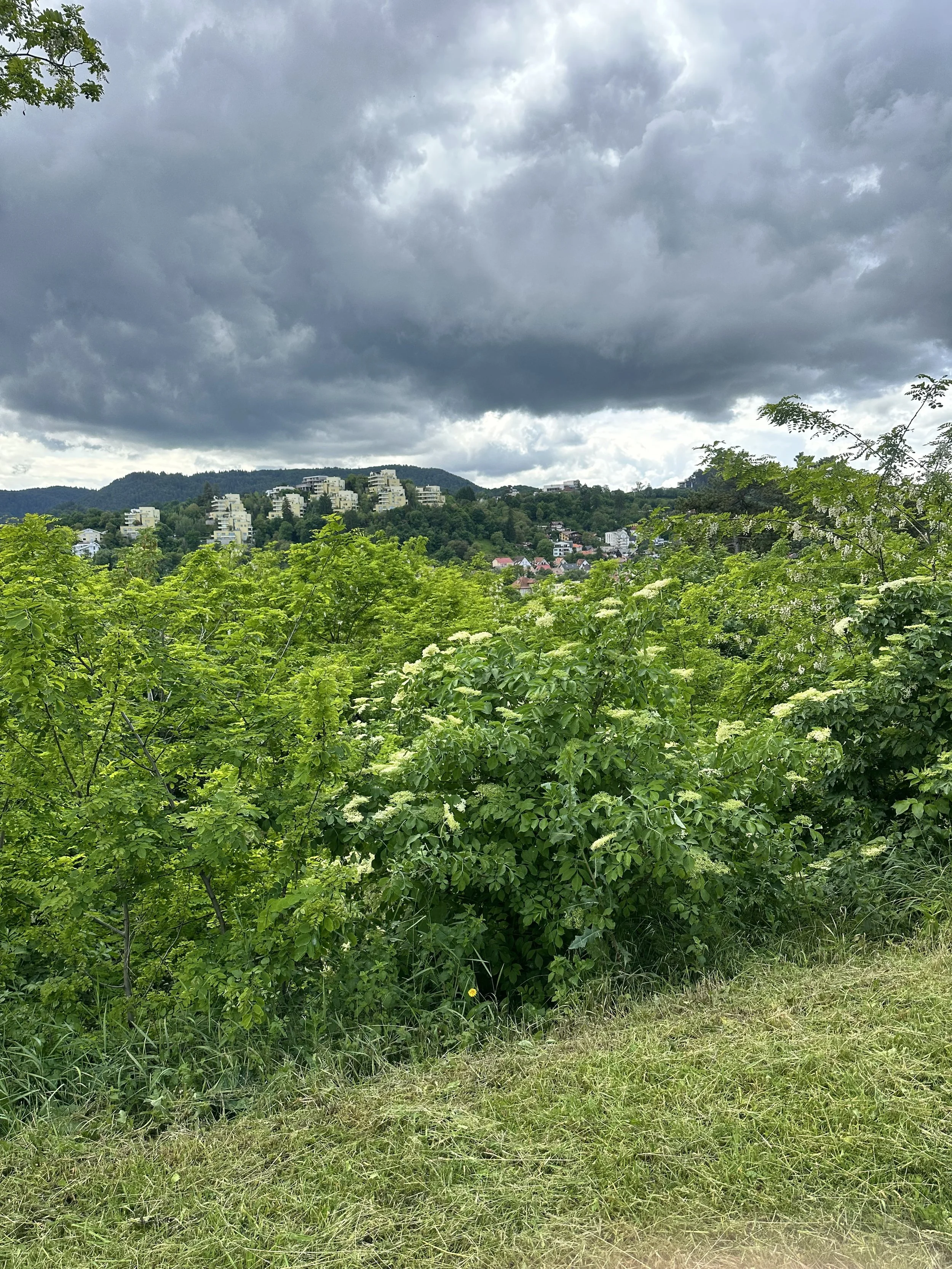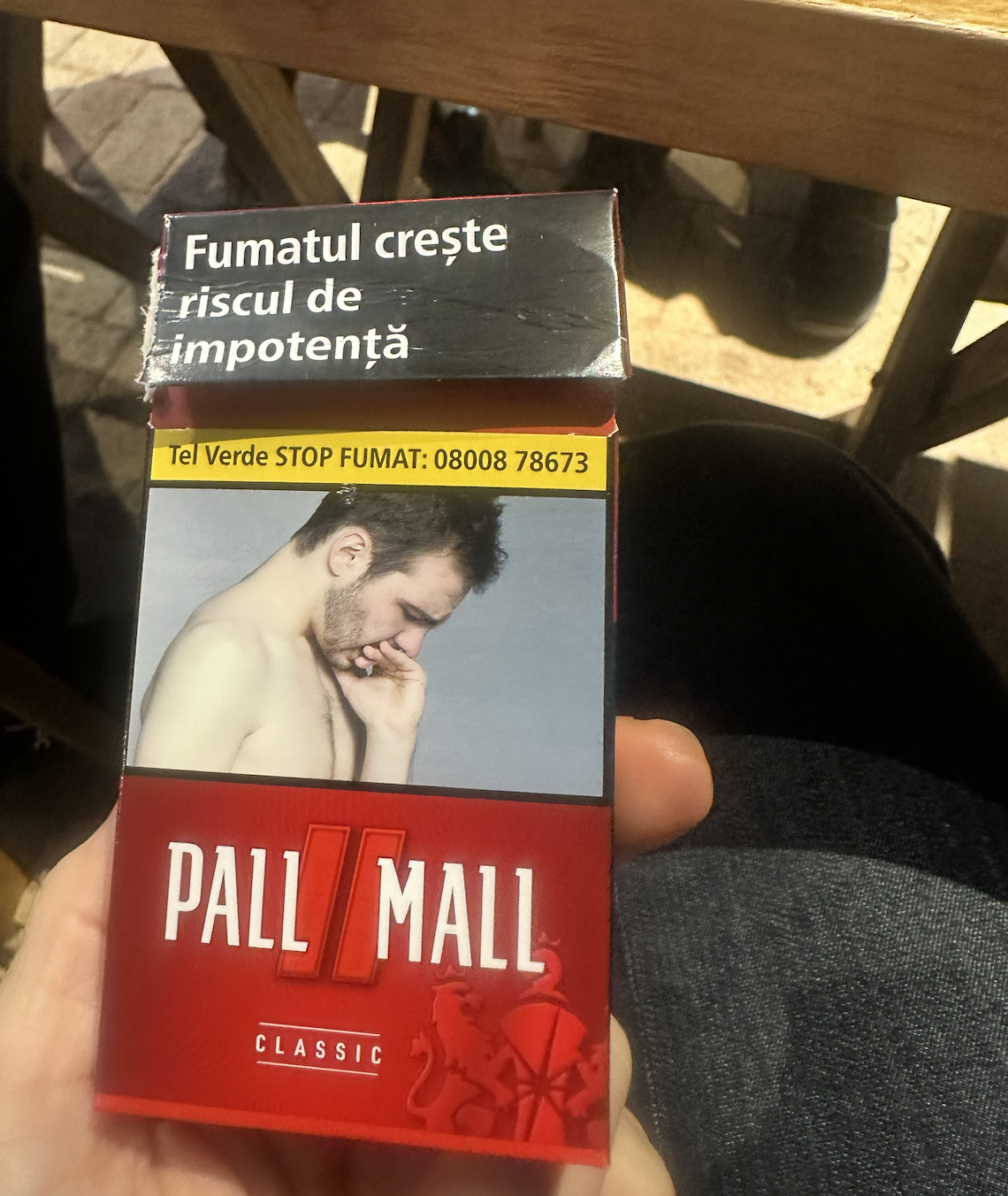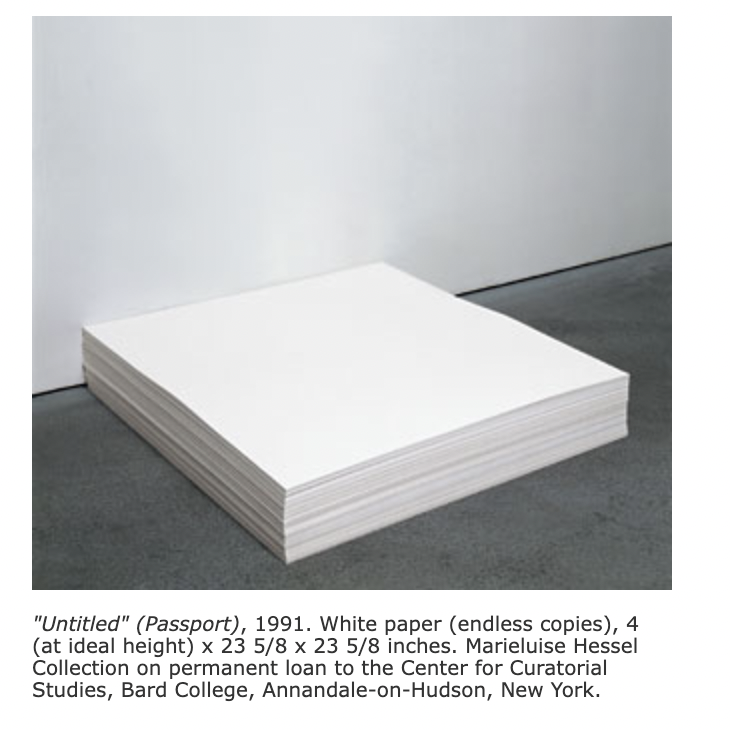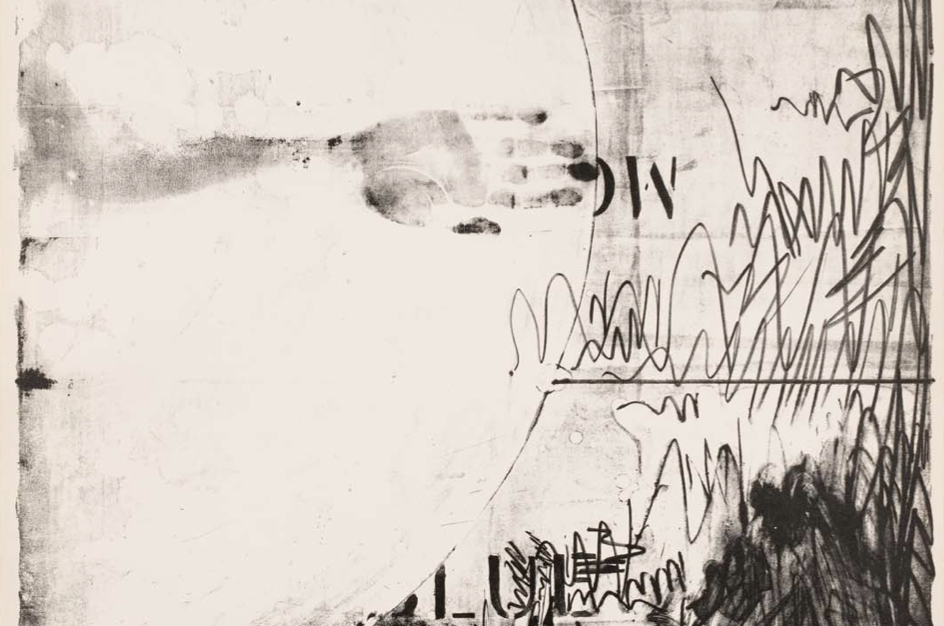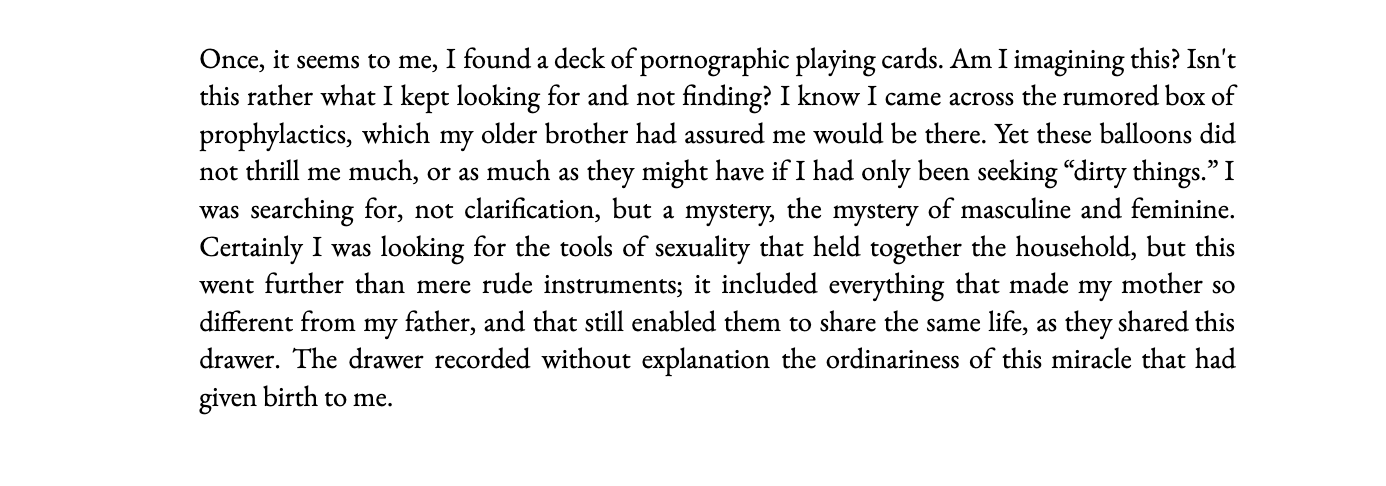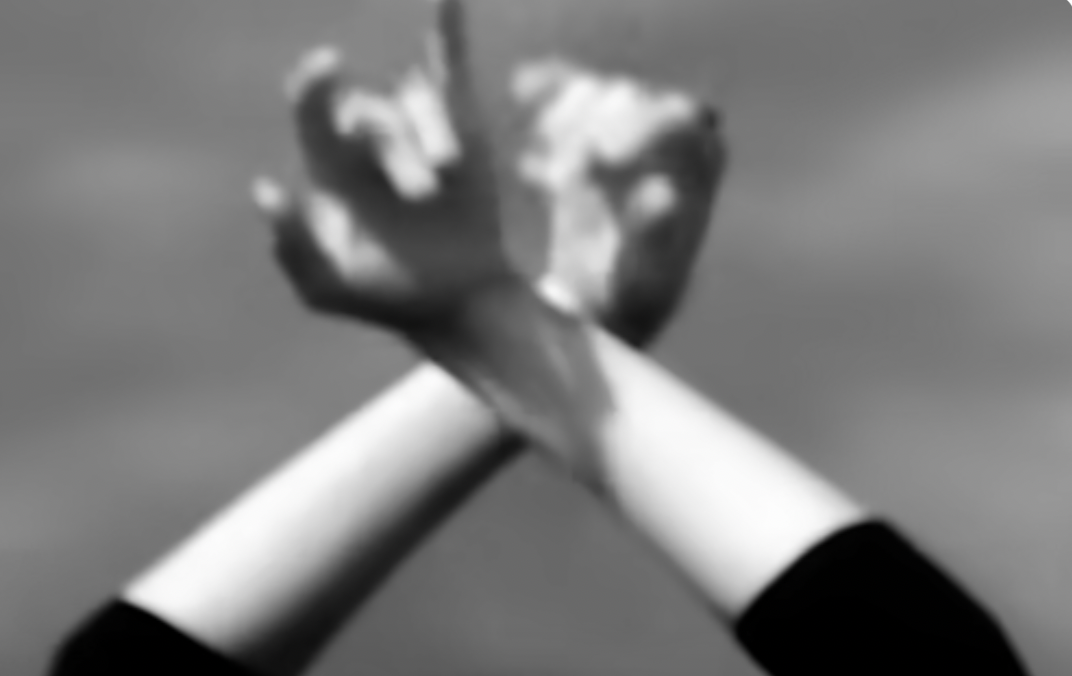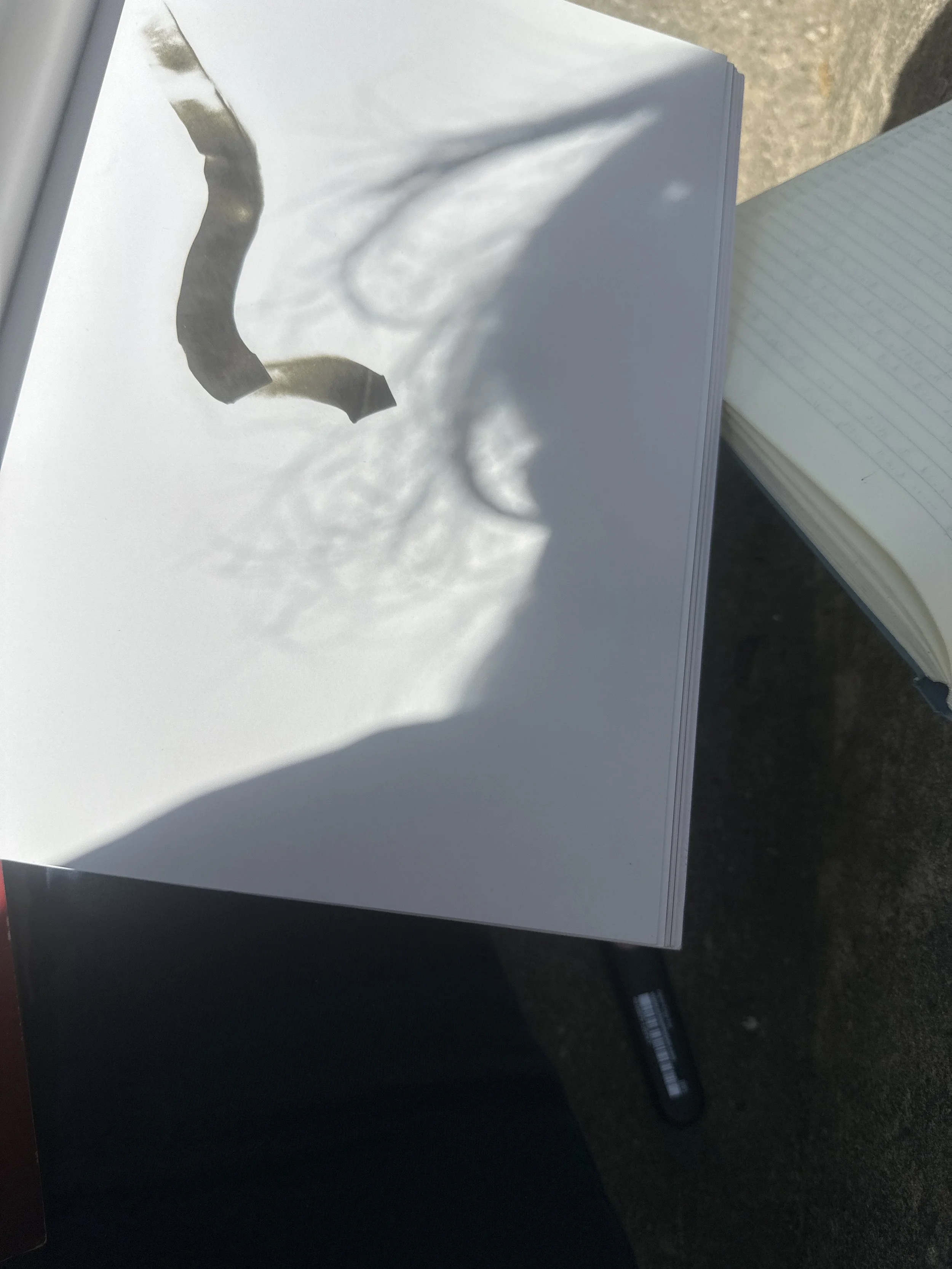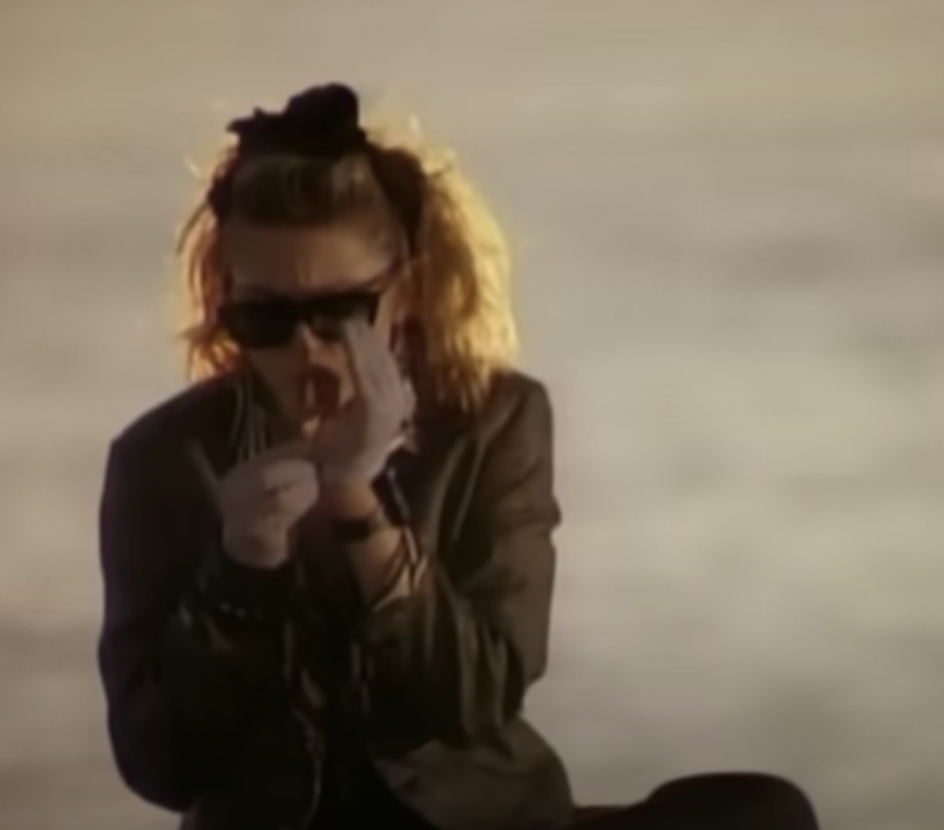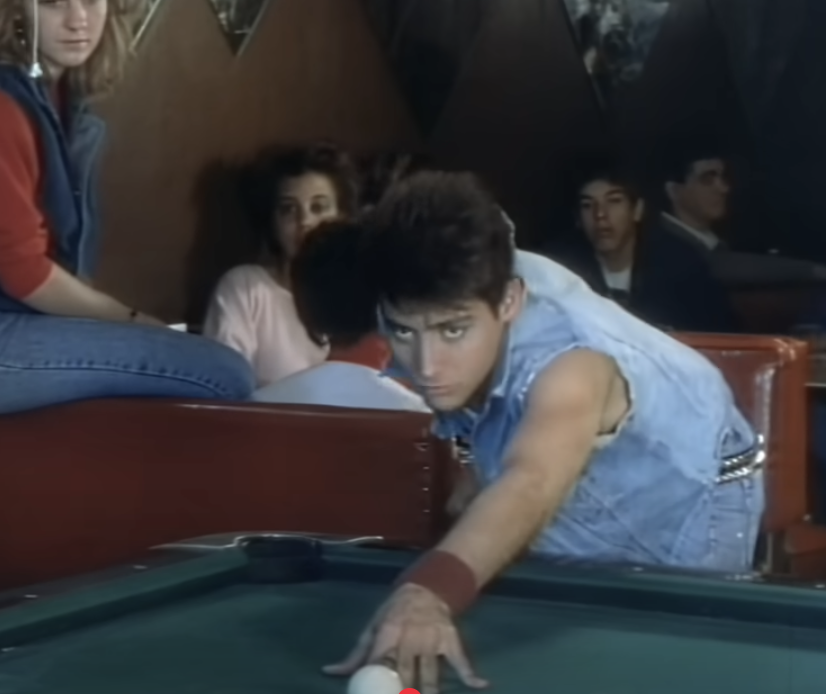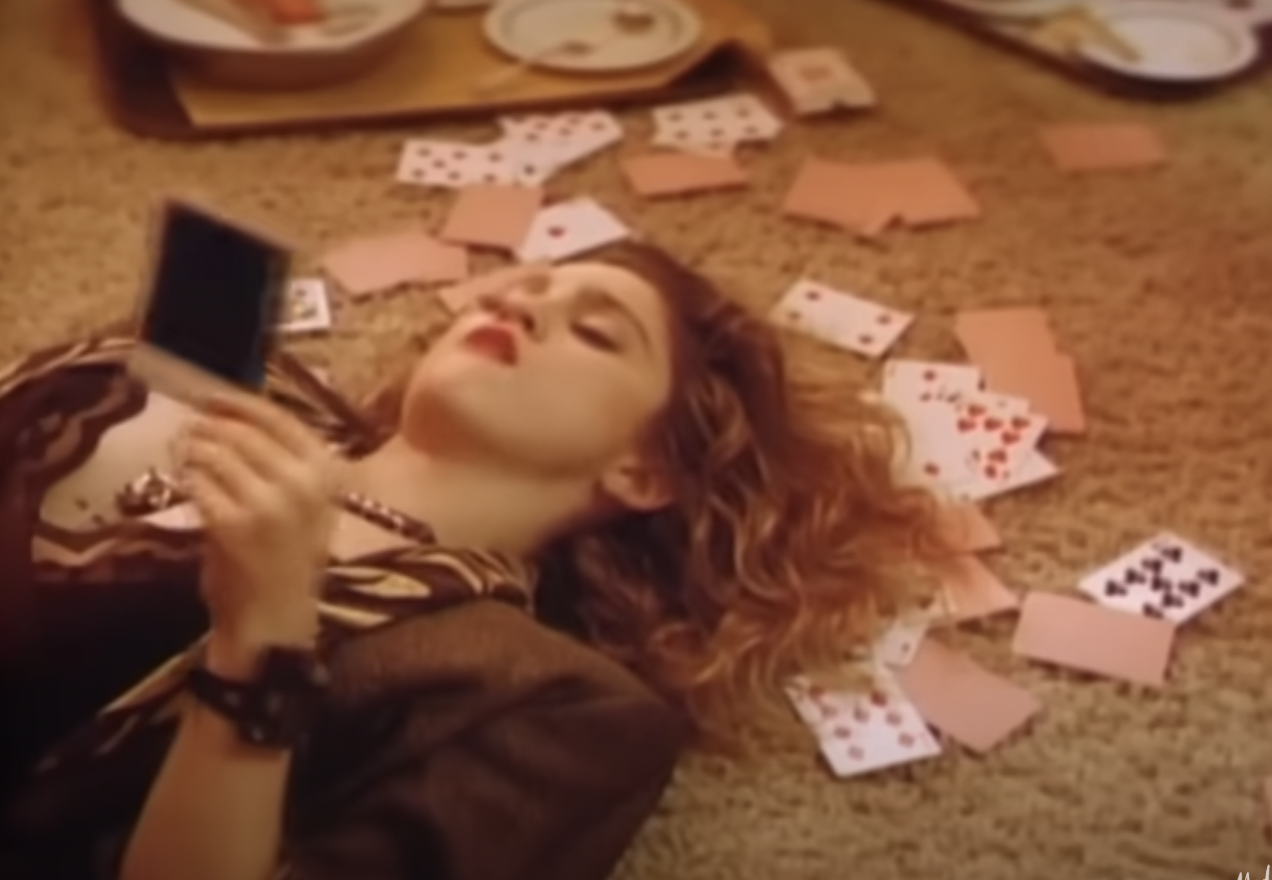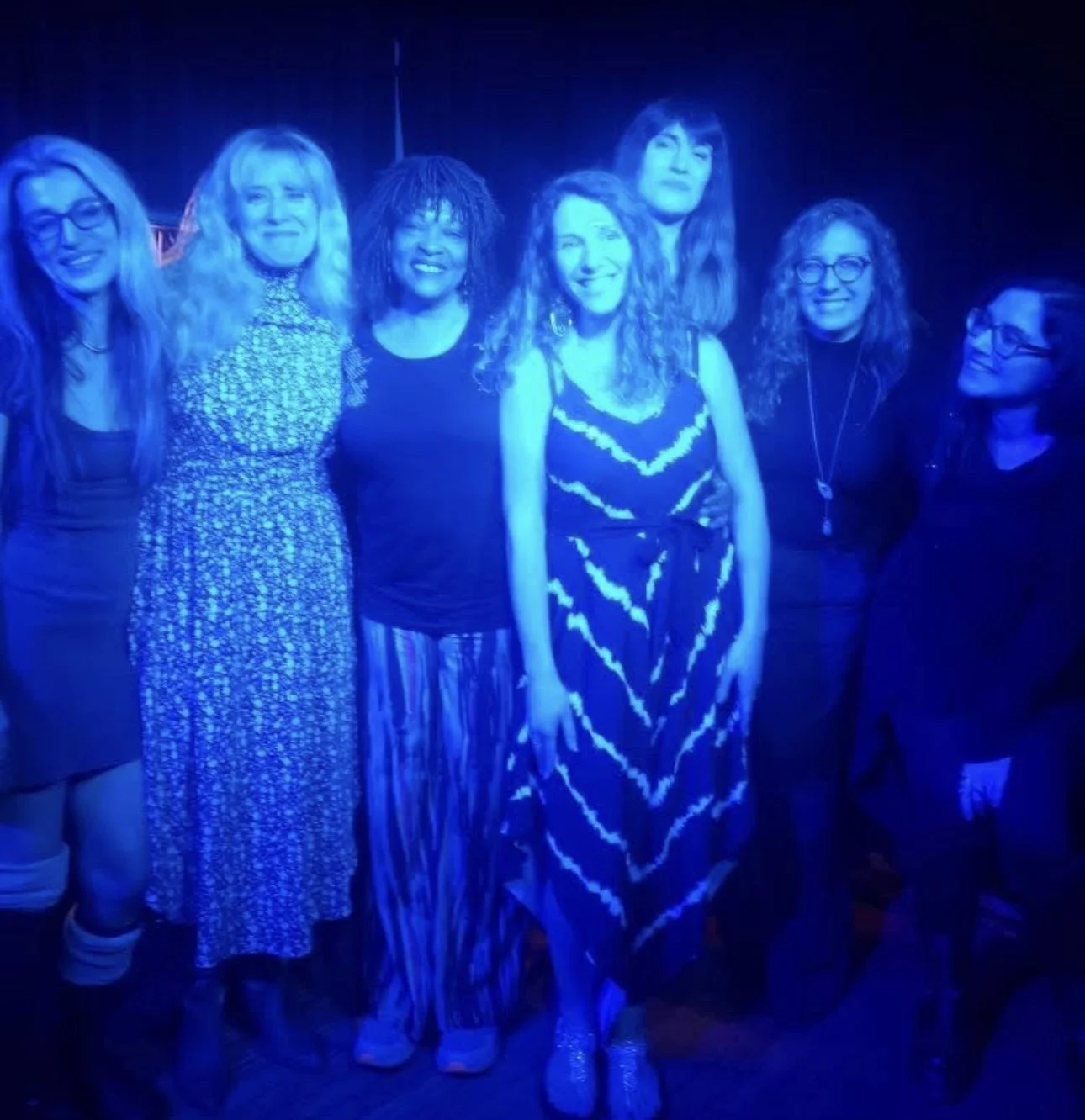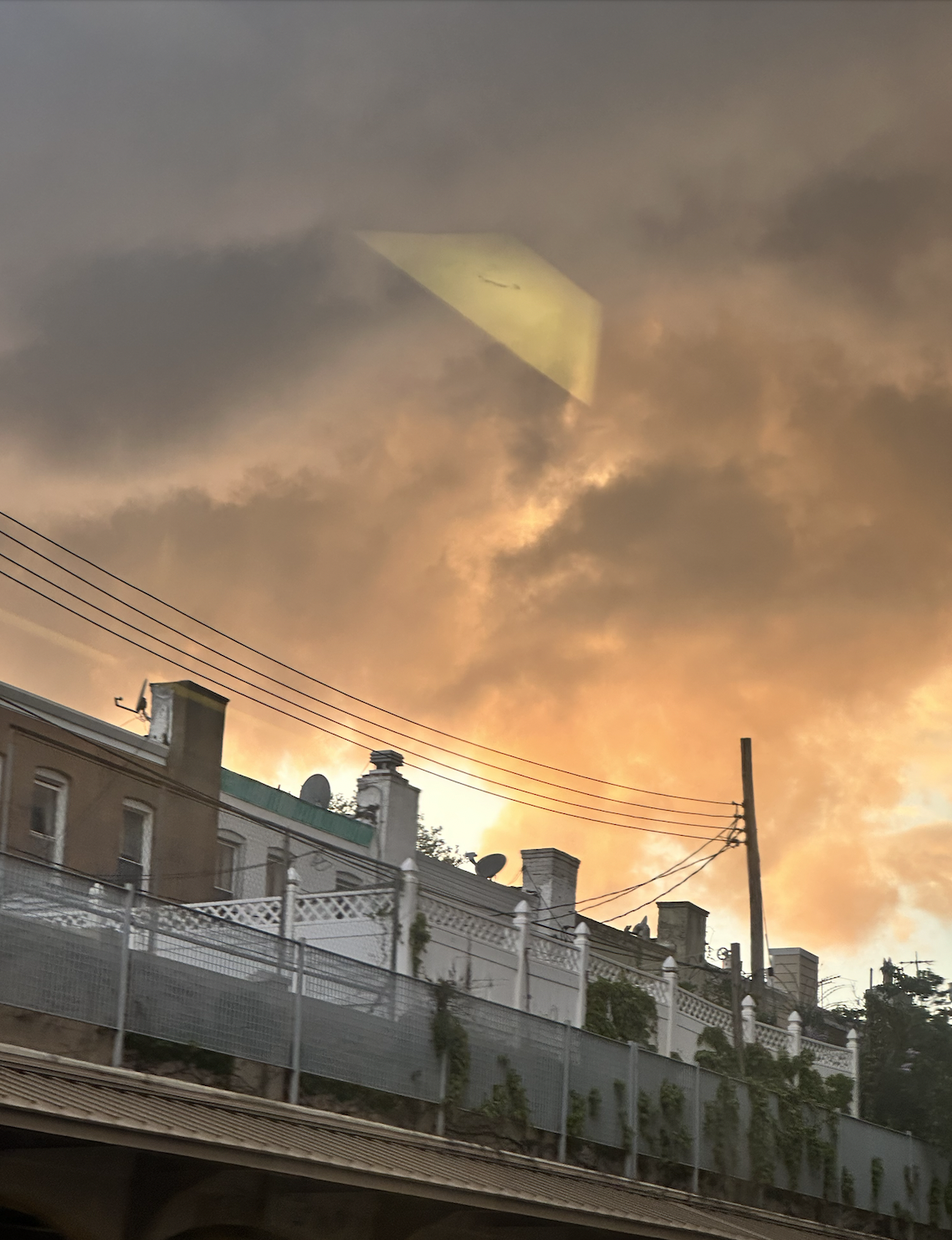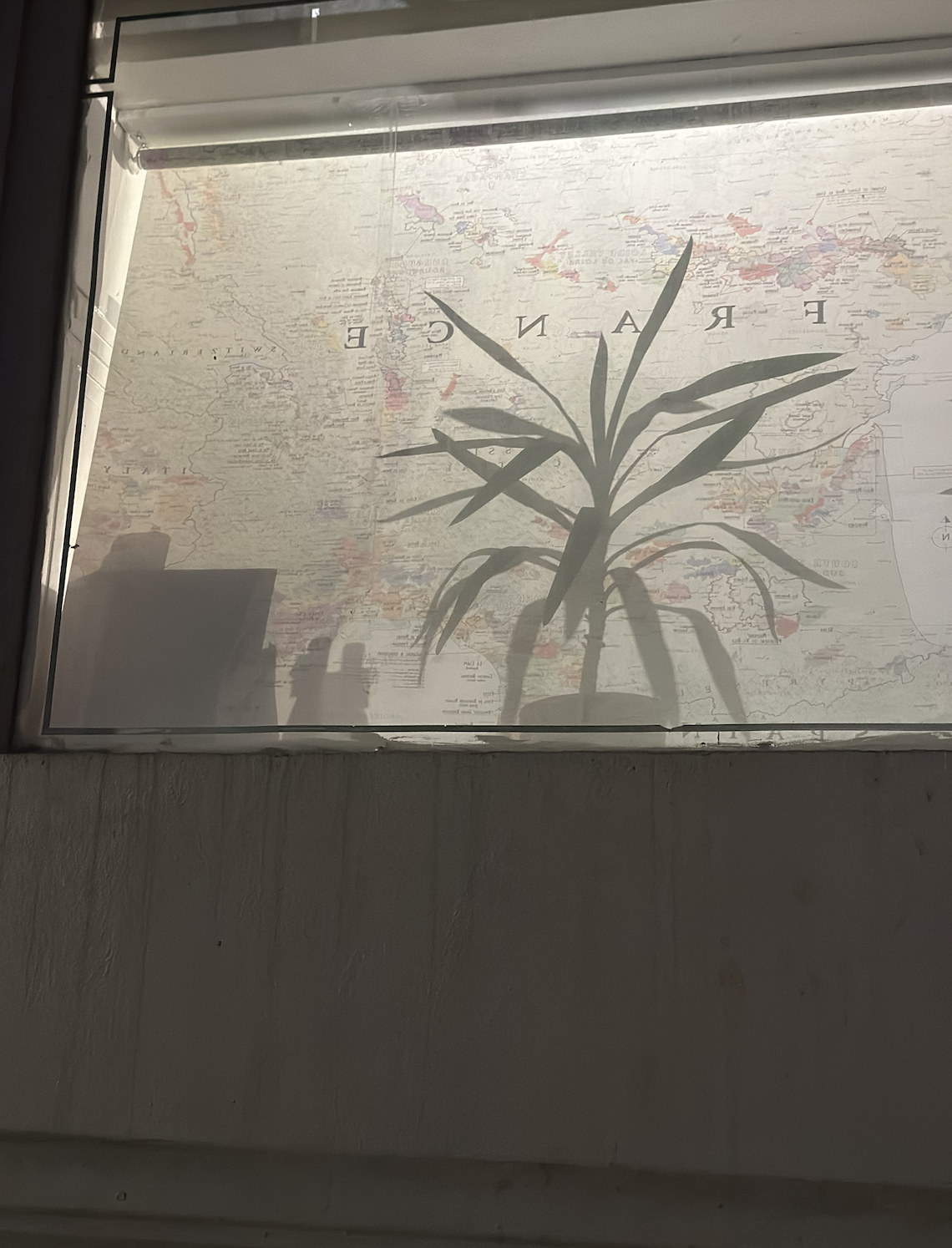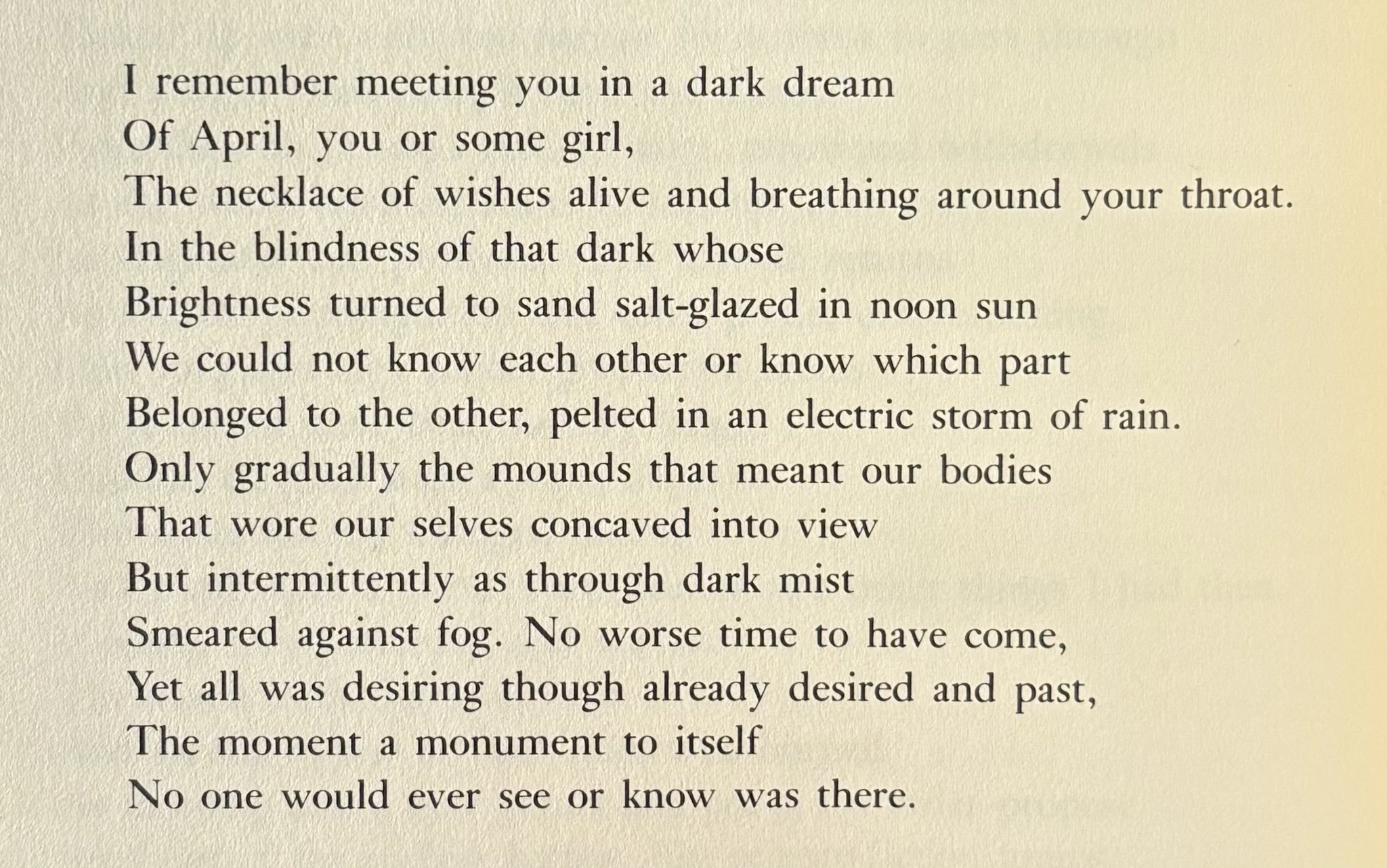[All unindented text below is taken directly from Vigdis Hjorth’s Long Live the Post Horn!, as translated by Charlotte Barslund. All indented objects are yours, truly.]
1
HE: Why are you pouting?
ME: "Because she does not express herself in theoretical language, no one expects too much from her and she is used to tripping out on layers of complexity in total silence." I’m quoting Chris Kraus in I Love Dick.
HE: Do you, though?
ME: She did.
I didn’t believe in ghosts so who was in the corner whispering? Dag, I said out loud. Then it grew deathly quiet. I looked across the fjord where the fog was descending and spreading out, hiding the tops of tall buildings and the masts of the biggest boats, then the smaller ones until finally everything was covered in grey. It wasn't nature screaming, nature was cool and numb, remote and inaccessible, it was me screaming a non-scream, me who was in the process of evaporating from lack of sustenance, I was completely beside myself, yet I'd never been inside myself. How to make the leap from screaming to writing, I wrote. To achieve in my language something I couldn't achieve in my life, I wrote, then I got up, went to the toilet and looked in the mirror, I was ill, I had been out too late that night in Paris, if I had really been there, what did the homeless do when they fell ill? I've nudged you, someone whispered, now you'll have to fall and hurt yourself. Despair, the voice said.
HE: You have your bed back. You escaped COVID contamination. You are now free from the no-place of the sofa.
SHE: I’m not so sure.
HE: What’s on your mind?
SHE: I’m thinking about Smithson’s use of mirrors in his “non-sites.” The making of spaces that reflect the viewer while throwing into shadow the factual world behind them. Wherever you look, the unflinching landscape looks back.
HE: What does the landscape have that you lack?
SHE: It has all the time in the world. All the time as we know it to show how Nothing reflects Nothing back.
. . . before switching on the light, he went to the kitchen, picked up a letter from the table and stuffed it into his coat pocket. Then he turned on the tap, bent down and drank straight from it as if he was very thirsty, as if that explained why he had rushed into the darkness. If I hadn't been paying attention, I wouldn't have noticed the business with the letter. It was small and square, not rectangular like an official brown envelope. He returned to the hall, turned on the light, took off his shoes and hung his coat on a hanger. The letter didn't stick out of the pocket. I decided not to get up in the night and sneak into the hall to read it. I wanted to preserve the curiosity I felt at that moment. So I'm capable of feeling something, I thought, I touched his arm, he jumped. Was it a love letter? An old flame he couldn't forget who had suddenly got in touch? We didn't have sex, the letter had come between us.
SHE: (writing in her notebook) When painting people close to him, Francis Bacon used photographs rather than sitting models. “I don’t want to practice before them the injury that I do to them in my work,” Bacon told critic David Sylvester.
[Tracey Emin’s tent installation titled “Everyone I Have Ever Slept With 1963–1995 “ (1995), which burned up in a warehouse fire and has never been recreated]
Don't let them knock you off balance! Don't let them get to you. Then repeat what you've decided to say and add nothing else. Articulate in advance what you want to say in three or four different ways, same content, different wrapping.
[The needles, threads, and hands involved in stitching “Everyone I Have Ever Slept With 1963–1995 “ (1995), which burned up in a warehouse fire and has never been recreated]
The secretive gap of the letterbox, I wrote. Two narrow for the biggest items, which must be collected with a delivery card, goods ordered online from the great abroad.
2
“Survival is a matter of avowing the trace of loss that inaugurates one’s own emergence.”
– Judith Butler, The Psychic Life of Power
“Flesh was the reason why oil painting was invented.”
– Willem de Kooning
The shrill whistle of the steamer and the hoarse screeching of the seagulls, both reassuring sounds that everything is as it should be, amid repetition and the rhythms of nature, the whispering of the waves and the chirping of the birds, he was setting the scene just like we had done during the media training course.
A pair of portraits leaned side by side against a wall. . . . to vigorously mark the heads with lines as vividly yellow and blue and orange .. . underpainting . . . influenced by her research into the Greek myth in which the princess Danaë is impregnated by Zeus, who takes the form of a shower of gold. . . . several paintings by Titian. . . . . exploring ways to visually capture the moment of conception. Under the influence of religious imagery from the early Renaissance, she had incorporated cerulean and gold lines into depictions of several female figures . . . recalled Byzantine iconography, and a blue line piercing the subject’s cheekbone and emerging from her nostril evoked the way that, in some devotional paintings of the Annunciation from the fifteenth century, the Virgin is struck by a heavenly beam of light that enters through her window or doorway.
– excerpts from Rebecca Mead, “Jenny Saville, The Body Artist”
Then I was reminded of the letter, because we were eating at the kitchen table where it had been lying. So had his fairy tale found him after all in the form of a letter? A tale of unrequited love? His beloved had declared her love, but was tied to another and so he had to make do with me? Yet still he hoped? Had this been a Hollywood movie, I thought, and had the audience known the contents of the letter, they would pity him because he couldn't get the one he loved, but also pity me because I believed myself to be loved while my boyfriend loved another? Should I be pitied?
[The photograph of a young Roland Barthes in his mothers’ arms, captioned: “The demand for love.”]
The love letter, I wrote once I was back home, when it arrives with its declaration and everything is explained and out in the open. When it says black on white: I love you. I had never said those words, but now I had written them, bursting with unknown passion, with hitherto unknown hope. When the course has been set and the aim is clear, then no hesitation is necessary, I hammered away on the keyboard, my new secret love. No distractions in the form of responsibilities and unpaid bills, Christmas presents as yet unbought and time ticking away at the parking meter, forget all of that and remember this: that the button to be pushed is inside me and remember to push the button and climb the mountain of enlightenment and shout it out loud from the bottom of my heart, at that point I ran out of steam, but it was a start . . .






